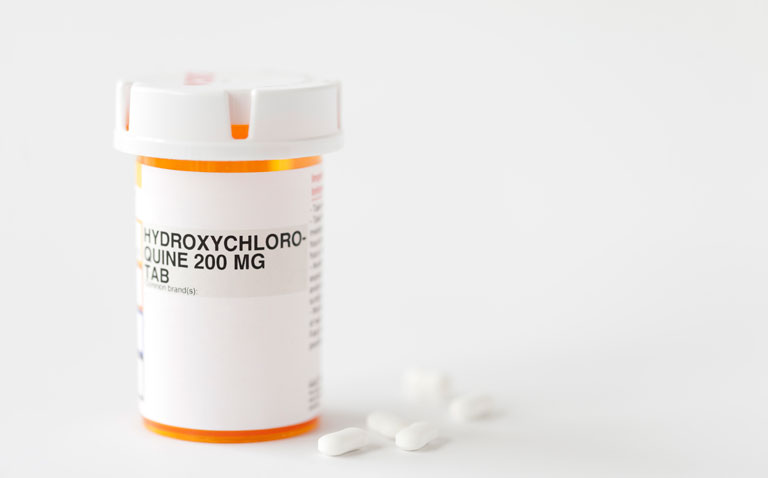Although much has been written on the potential value of adding hydroxychloroquine (HCQ) as a treatment for those with COVID-19, what is the impact of the drug in patients currently taking it long-term for inflammatory conditions such as systemic lupus erythematosus (SLE)?
In a new, small observational study, a French team followed the progress of patients with SLE who became infected with COVID-19. Data were collected for 17 patients, admitted between 29 March and the 6 April and who had used HCQ for a mean of 7.5 years (range 0.5 to 29.8 years). At the time of admission, all patients (except one) had clinically quiescent SLE.
In addition, 12 patients were also receiving prednisolone at doses below 10mg/day and 7 an immunosuppressant. All patients had the classic clinical signs of COVID-19 except for a higher rate of dyspnoea, headache and diarrhoea. When admitted, both HCQ and prednisolone were maintained but immunosuppressants were discontinued. In total, 7 patients required intensive care and 11 needed oxygen therapy.
At the time of writing (7 April) 5 had been discharged, 7 remained in hospital and two died. A single patient developed acute tenosynovitis after COVID-19 infection, but none of the others experienced a worsening of SLE during their admission.
While based on a small sample, the authors concluded that taking HCQ for SLE does not affect the course of infection with COVID-19.
Reference
Mathian A et al. Clinical course of coronavirus disease 2019 (CODI-19) in a series of 17 patients with systemic lupus erythematosus under long-term treatment with hydroxychloroquine. Ann Rheum Dis [letter] 2020;79:837-9.










